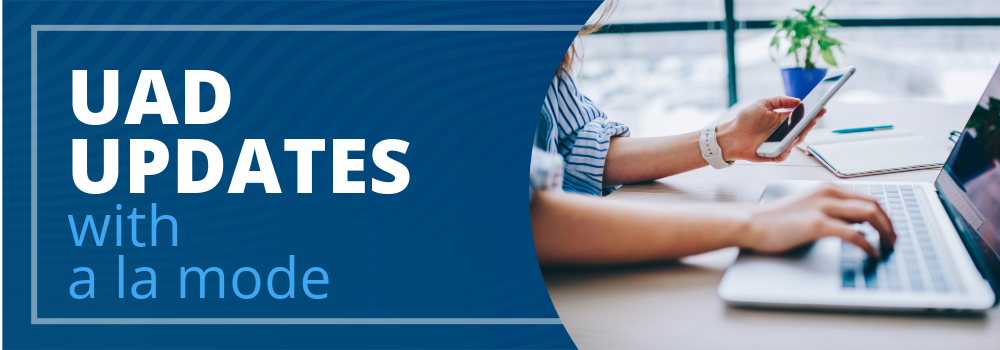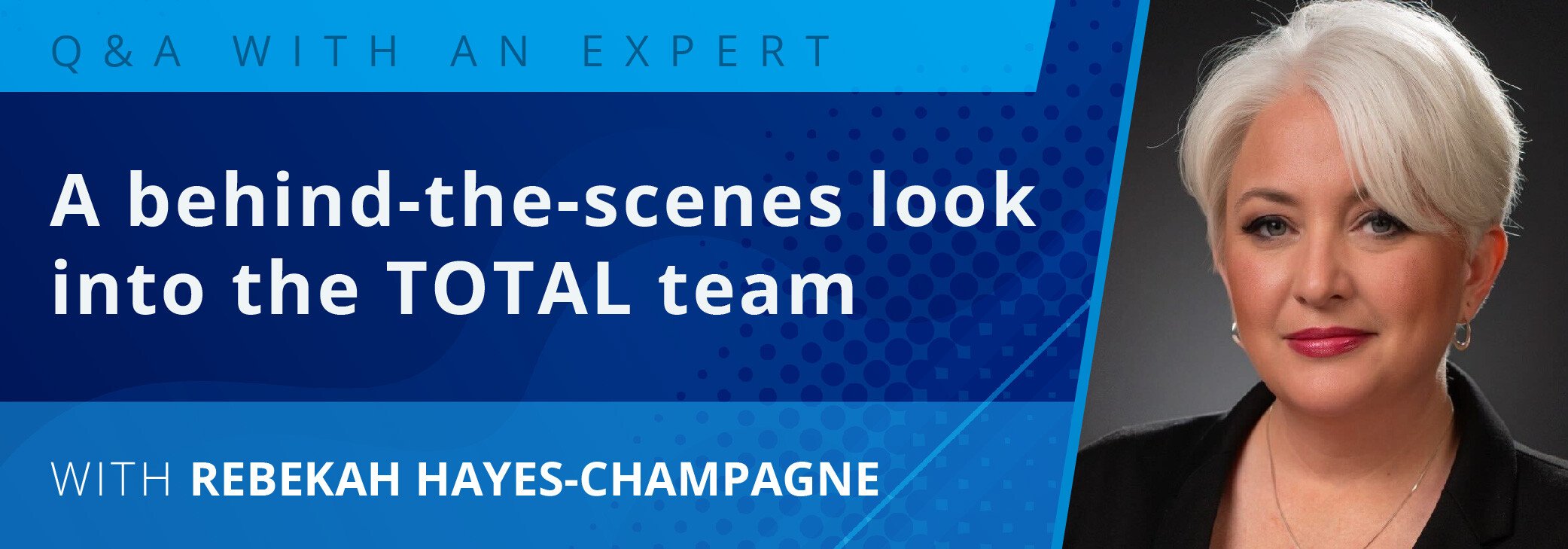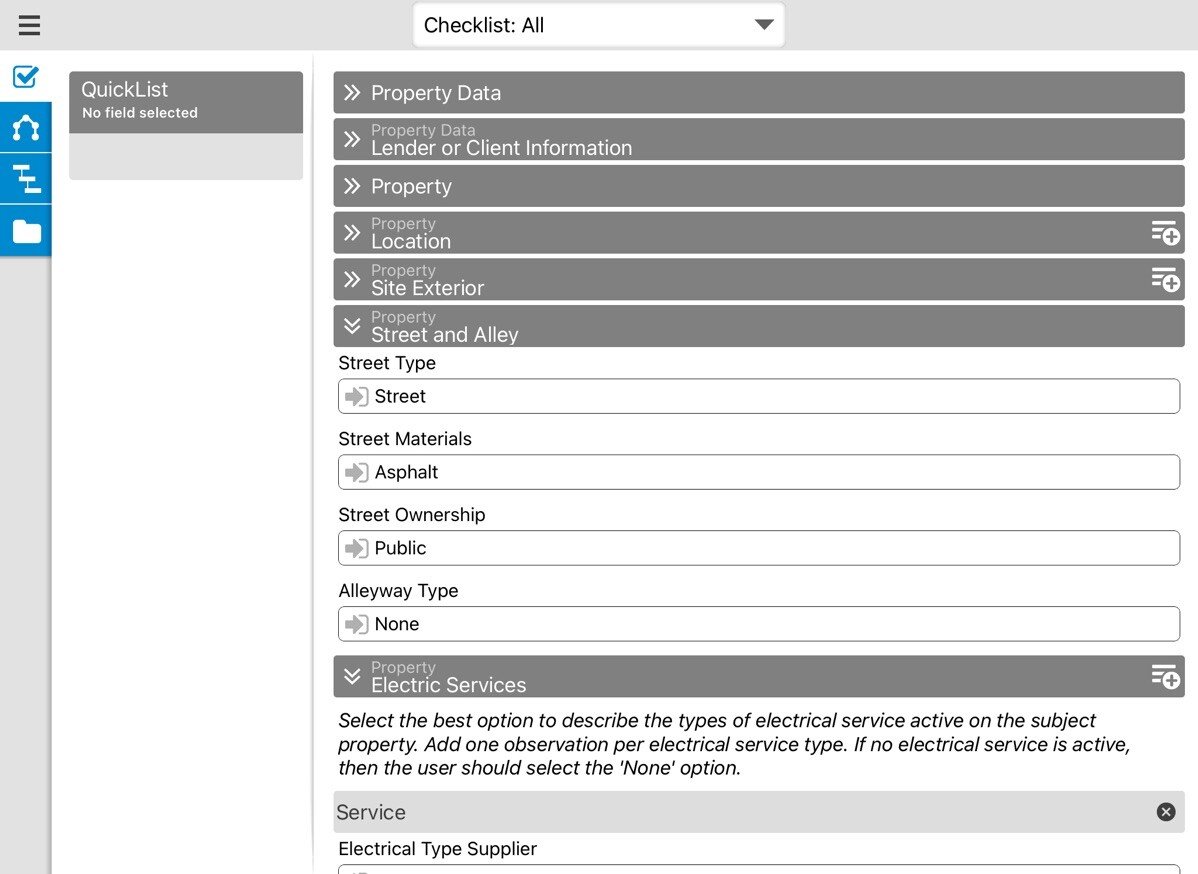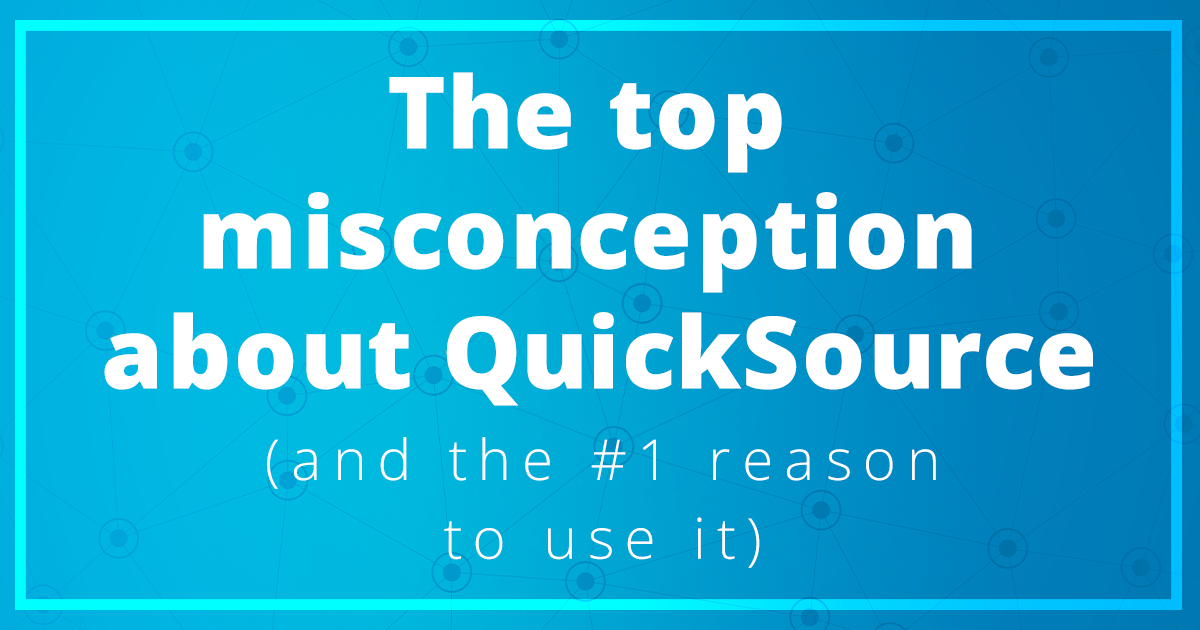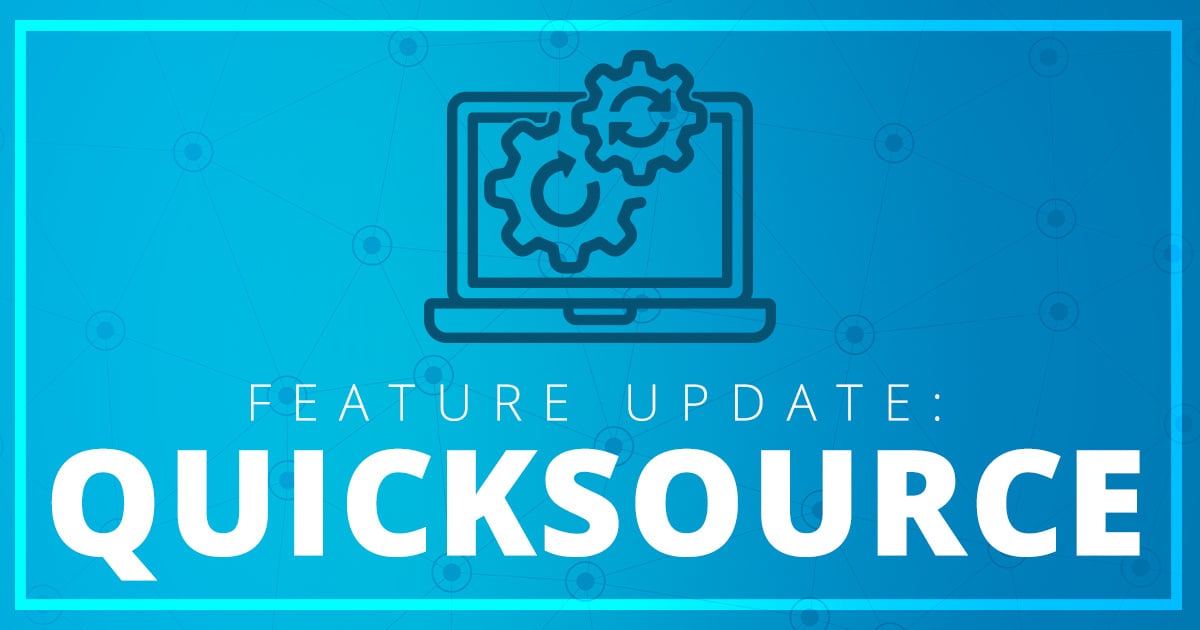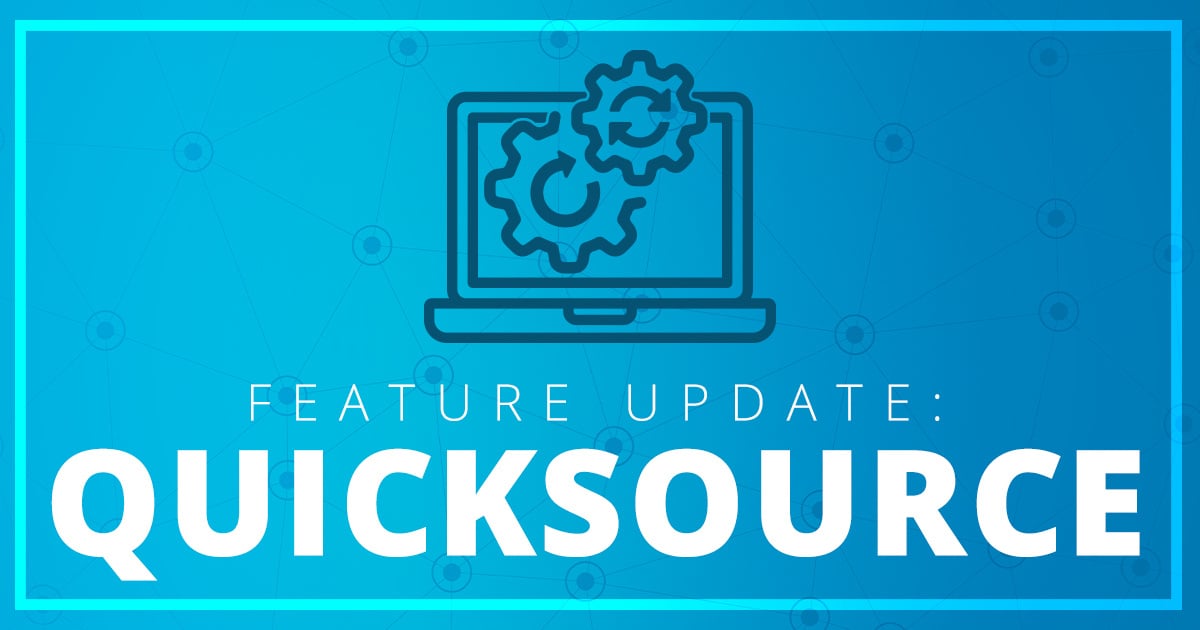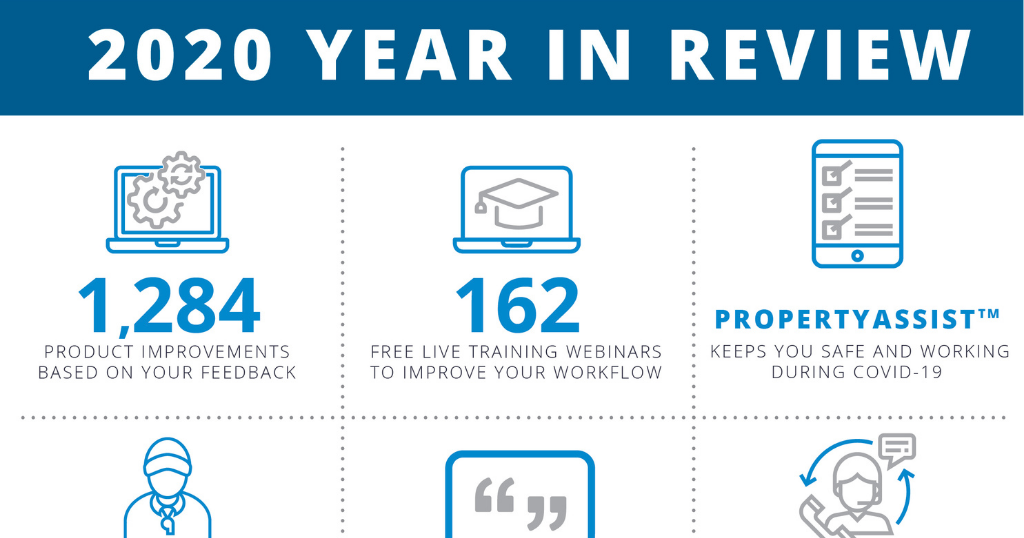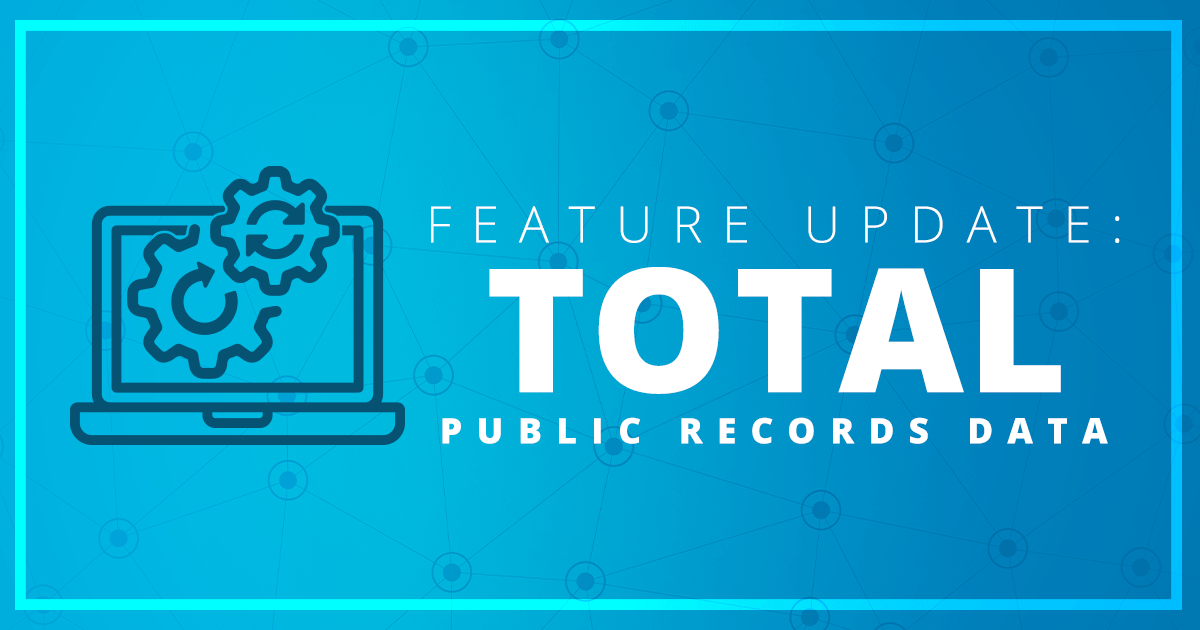Adjustable-rate loans (ARMs) are more popular than ever, even though today's low rates have almost nowhere to go but up, but homeowners who opted for this type of loan may be in for more mortgage than they can handle in the next few years.
In effort to prevent homebuyers from making choices that could put them in the poor house in a few years, the National Association of Mortgage Brokers and the Consumer Federation of America are urging brokers and lenders to fully disclose those risks and potential costs of ARMs and to avoid marketing them to consumers with low incomes, low wealth or low credit scores.
Traditionally, the more affluent borrower was attracted to an ARM, and typically, ARMs were most popular during times of high mortgage rates. After all, you're betting your payment will go down, not up; and you have the wherewithal to lose that bet.
And while an adjustable rate mortgage can be a good choice for some homebuyers when fixed rate loan rates begin to rise, a new survey commissioned by the CFA reveals that 25 percent of Americans prefer ARMs over fixed-rate mortgages. However, the survey of 1,015 representative adult Americans also indicated that while "young adults, minorities and people with lower-incomes and less education" are most likely to prefer ARMs, they don't always understand the interest rate risks of these types of loans.
Unfortunately, these borrowers are most at risk when their mortgage payments spike after a year, or three, or five. According to one report cited by the CFA, subprime borrowers are more than twice as likely as those with high credit scores to purchase ARMs.
"Lenders who aggressively market ARMs to lower-income consumers and those with low credit scores are acting irresponsibly," said CFA Executive Director Stephen Brobeck. "Given the high probability of interest rate increases, an adjustable rate loan made to a family which can barely afford the initial monthly payments represents a ticking time bomb."
Homeowners who opt for ARMs in order to get "more house for their money" could risk paying increasingly higher interest rates in the near future, and if rates jump up drastically, it could be devastating to their finances. Some will need to sell out from under their new payments, if they have enough equity; some will be foreclosed upon. But there will be thousands, perhaps millions, who refinance their way out from under a mortgage payment that's just "adjusted" upward to maybe double what they'd been paying.
And they're apt to be taken by surprise. "Lower-income and minority Americans are not only those most likely to prefer ARMS but also those with the poorest understanding of their risks," Brobeck said.
So when is a good time to advise homebuyers to get an ARM? The CFA says ARMs can be beneficial if the buyers plan on staying in the home five years or less. In those circumstances, five-year ARMs are a good choice for homebuyers and offer them the opportunity to save money without the risk of being hit with significantly increasing interest rates.
"There is a loan program that makes the most sense in each individual case, and it is important for the borrower and the originator to take the time to make sure the program is a fit for the consumer now and in the future," commented Bob Armbruster, President of NAMB.

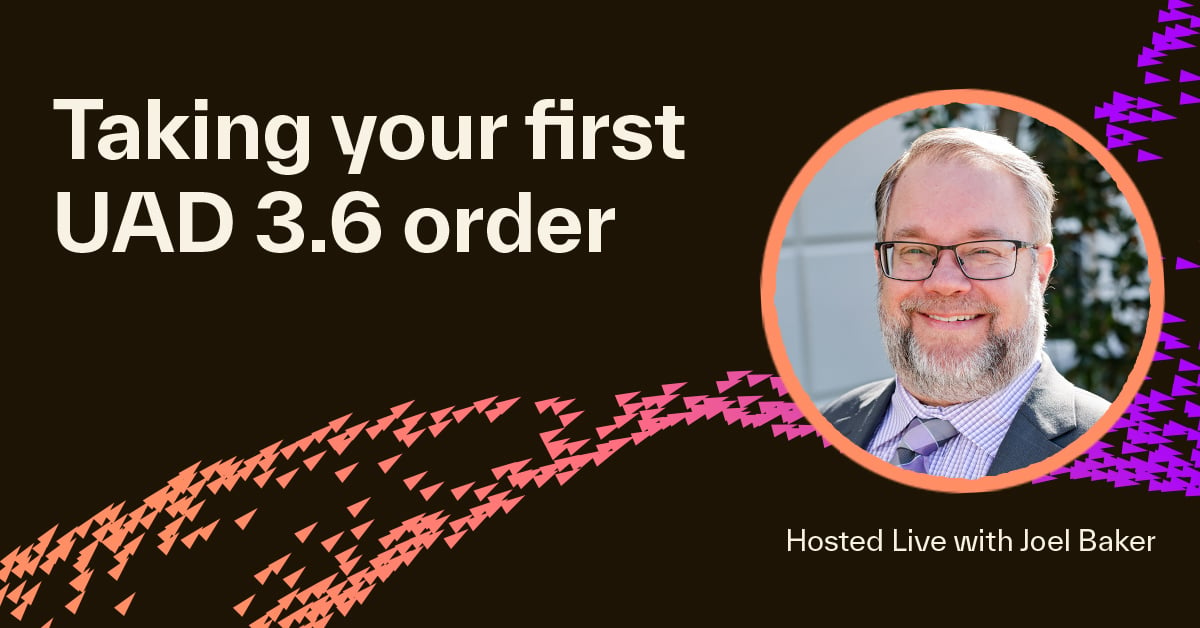

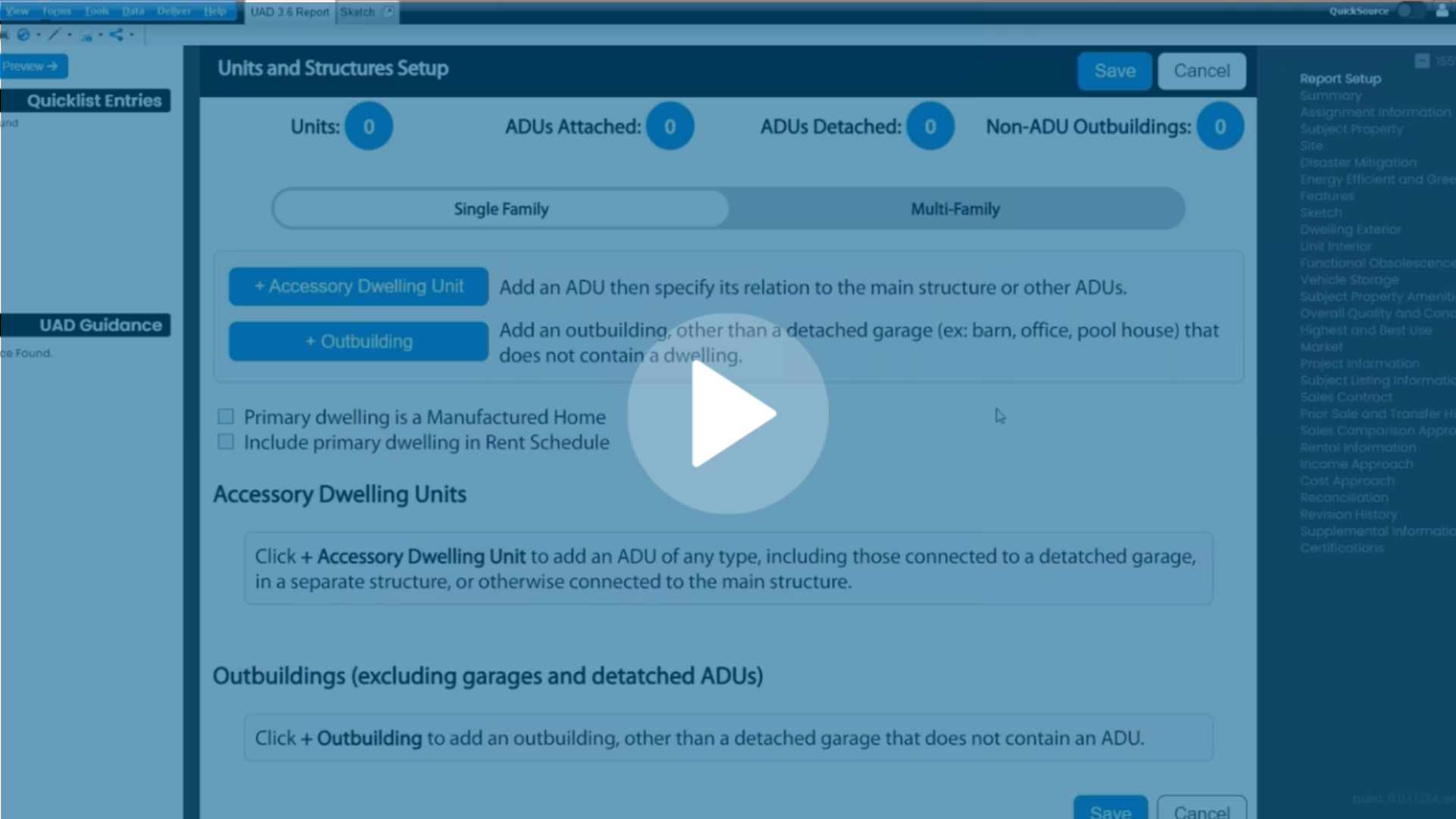
.png)
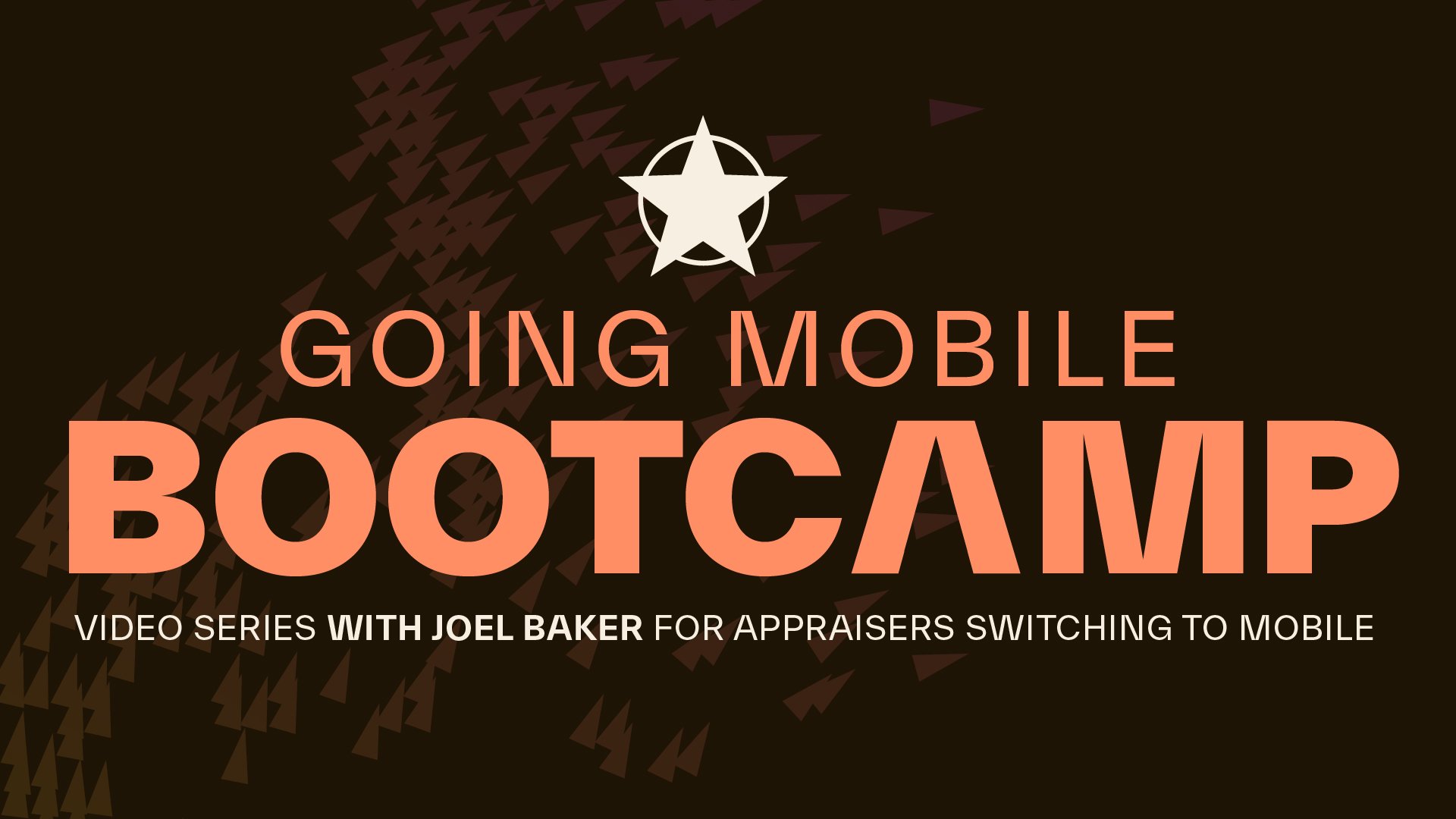
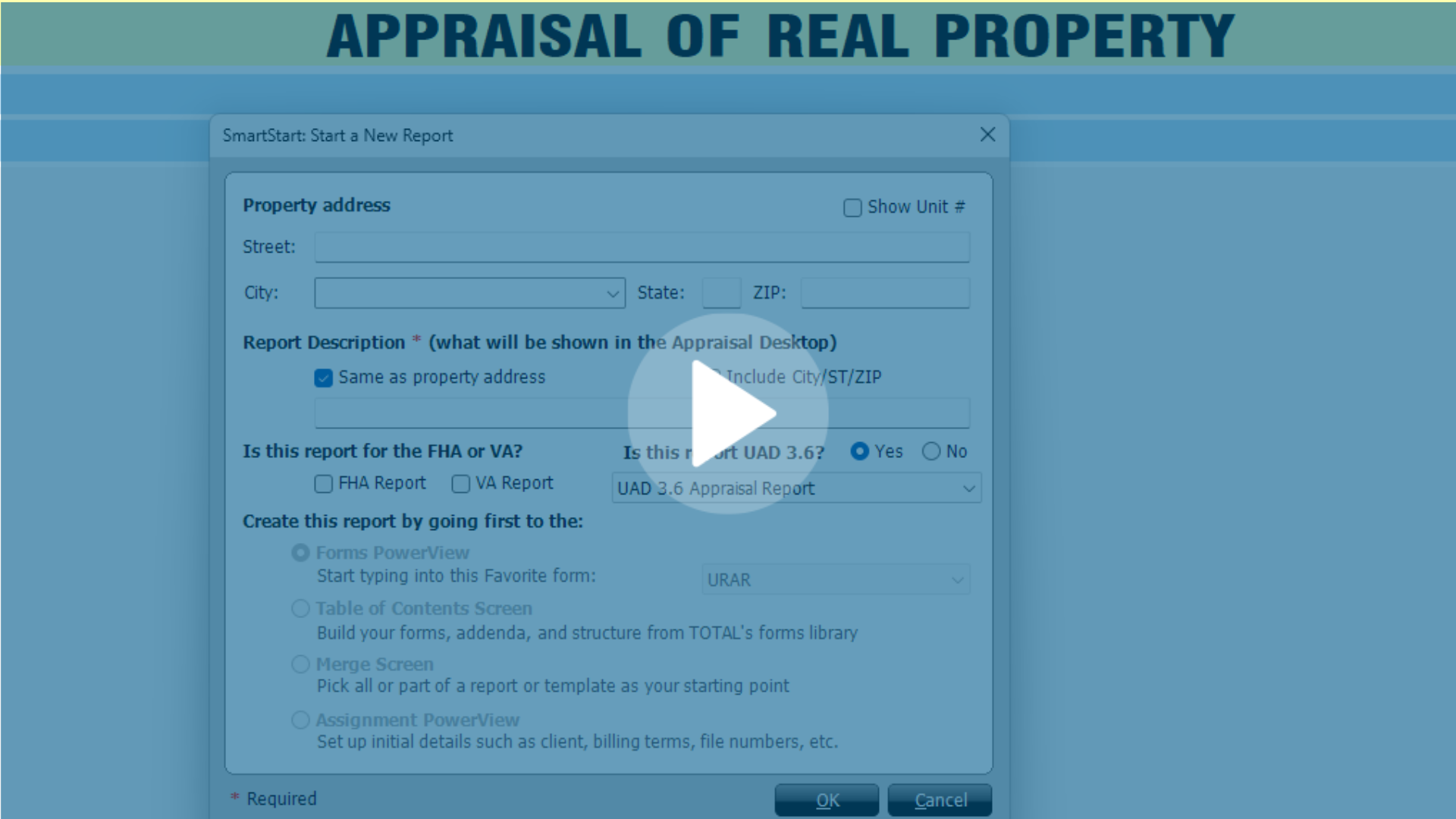
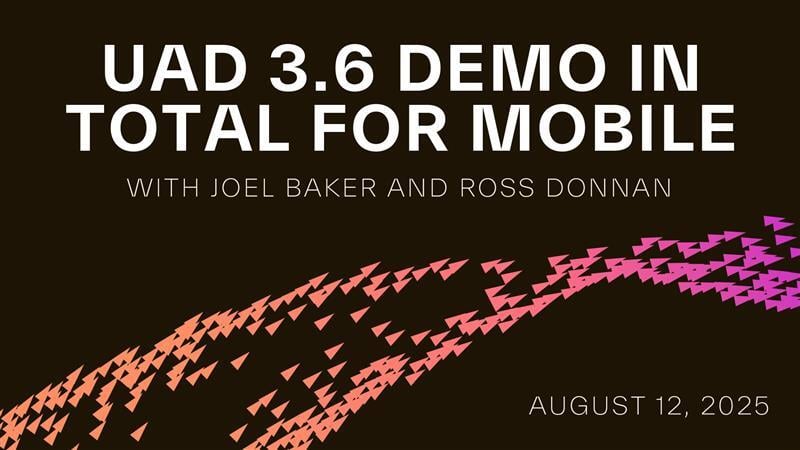

.png)
-1.png)
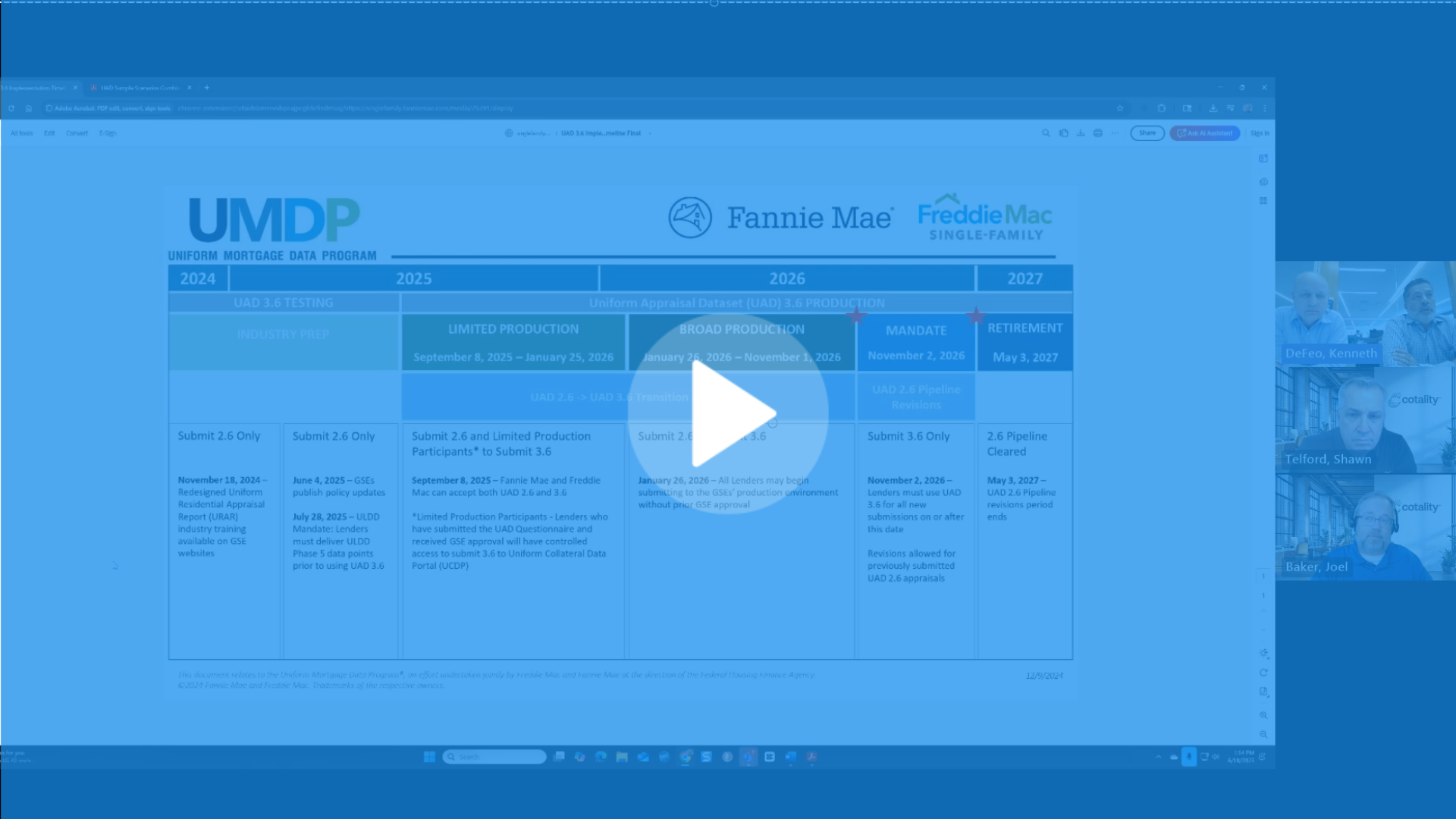
.png)
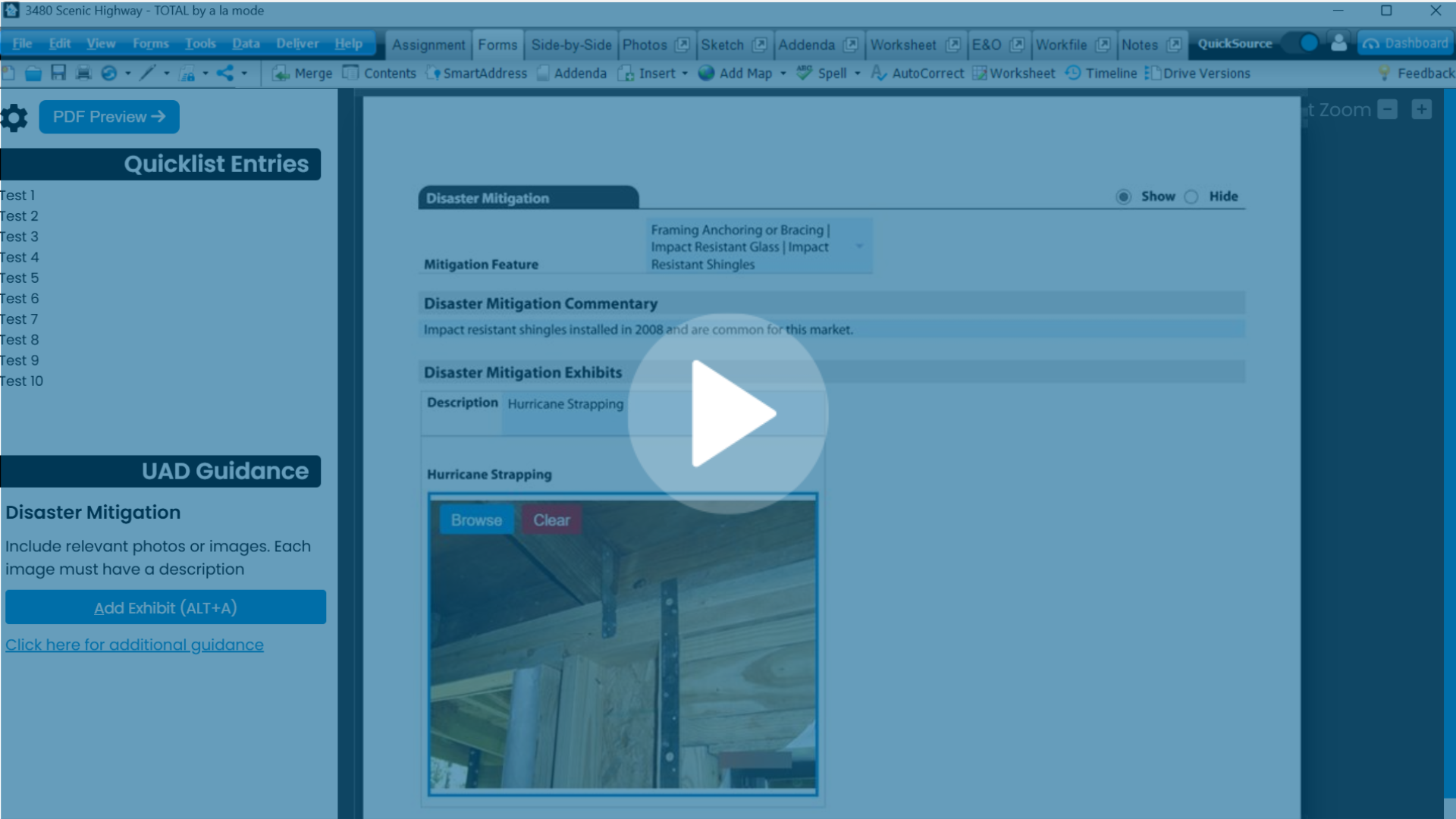
.png)
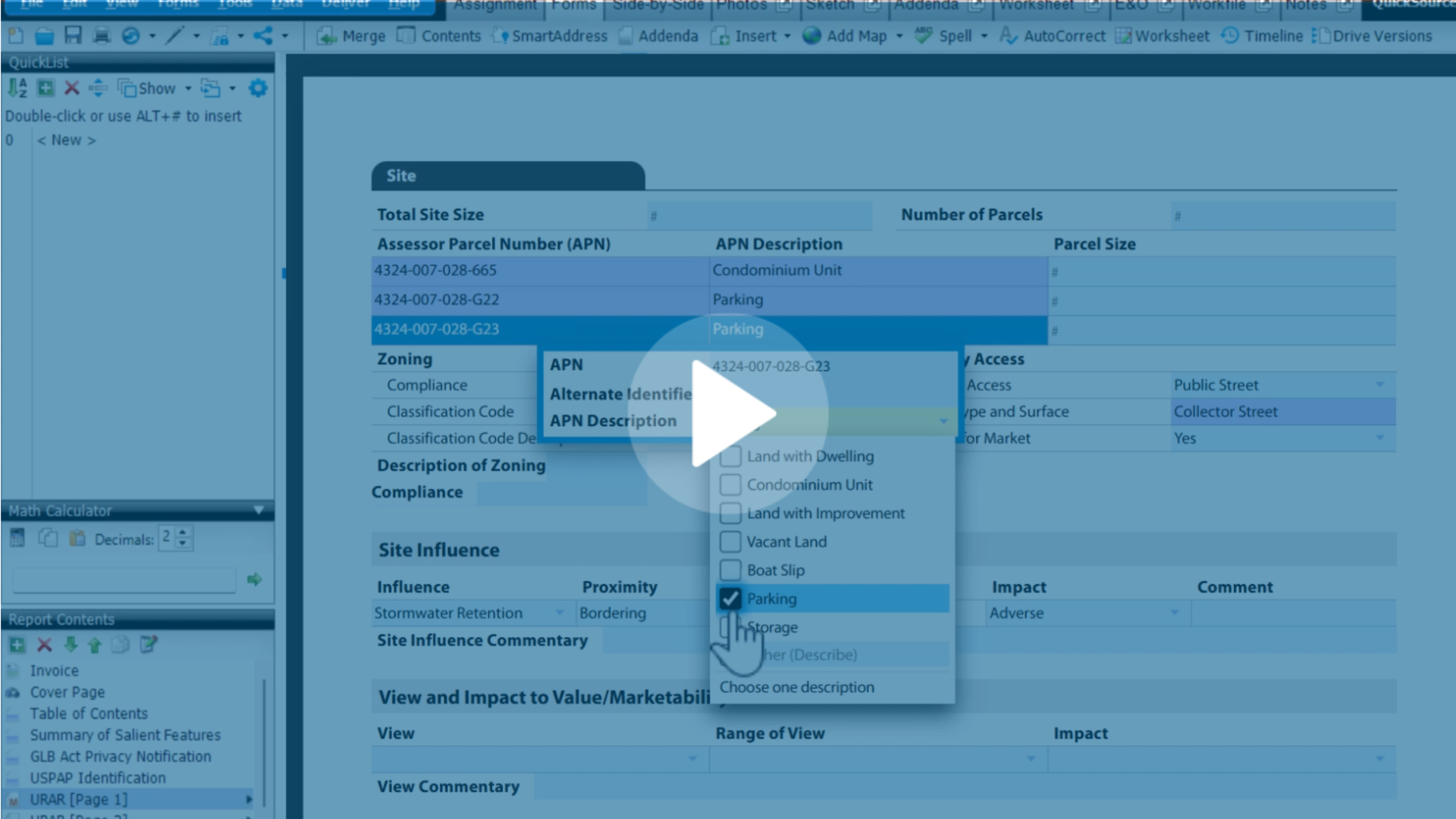
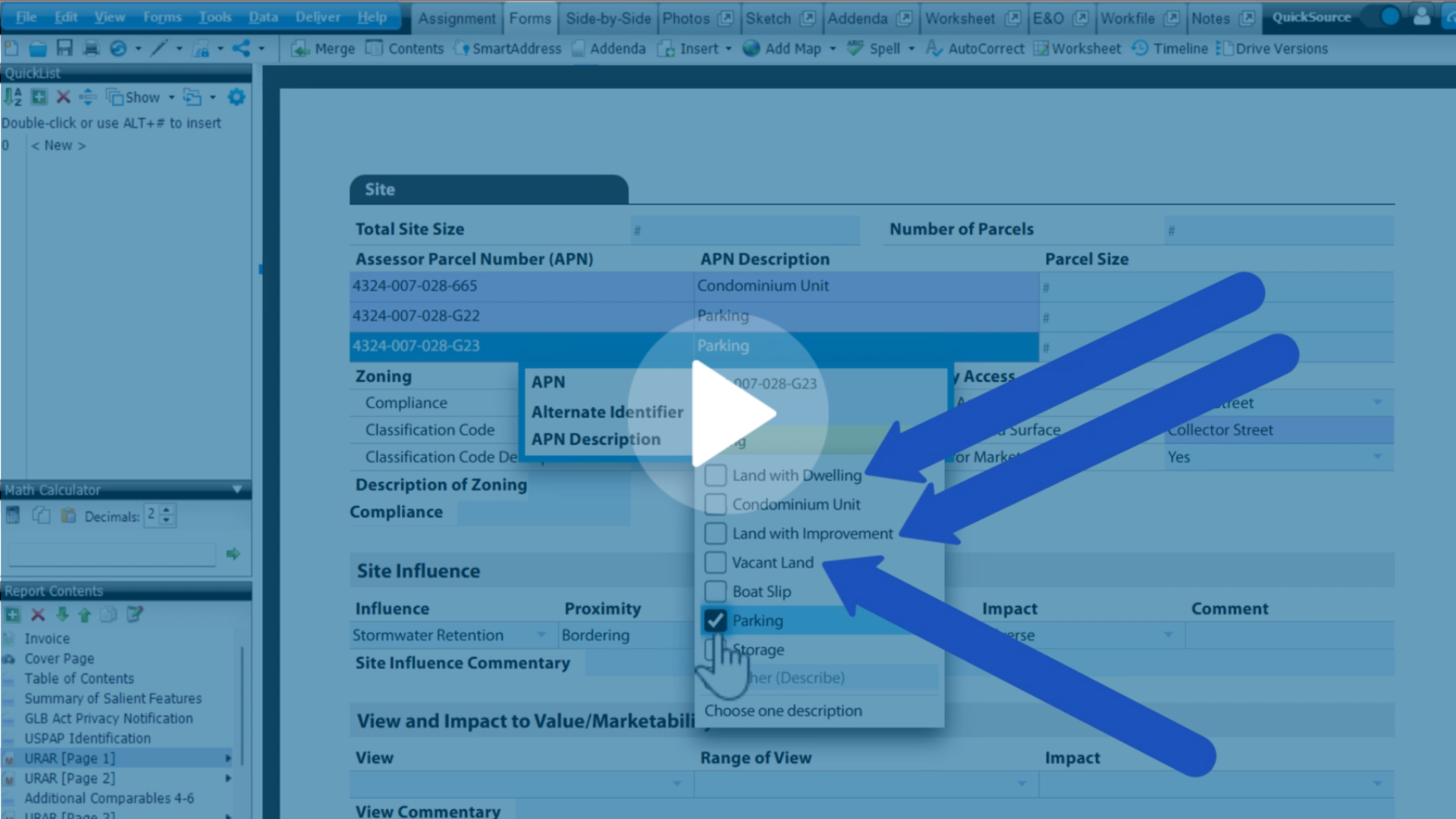
.png)
.png)
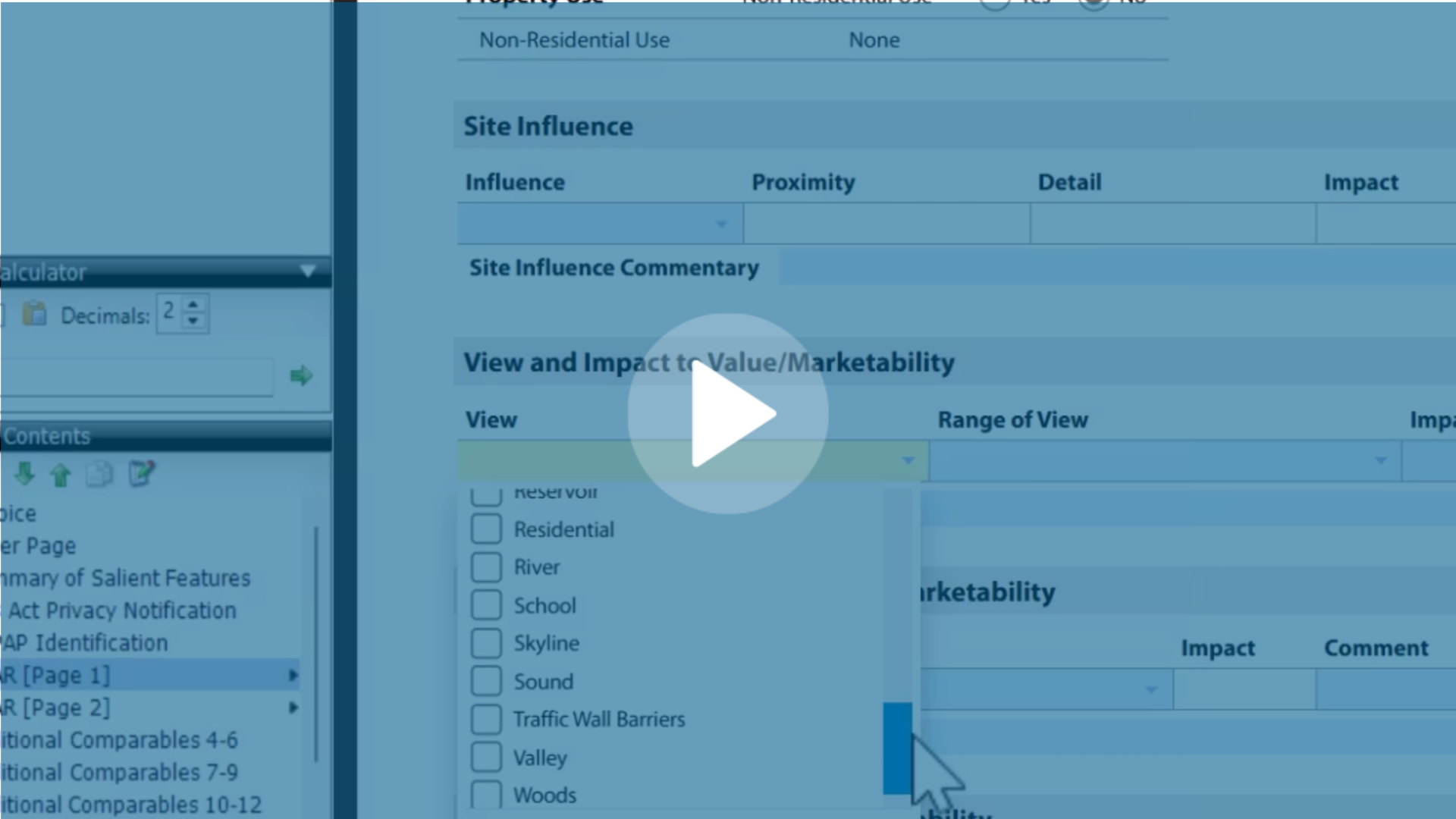
.jpg)
.png)
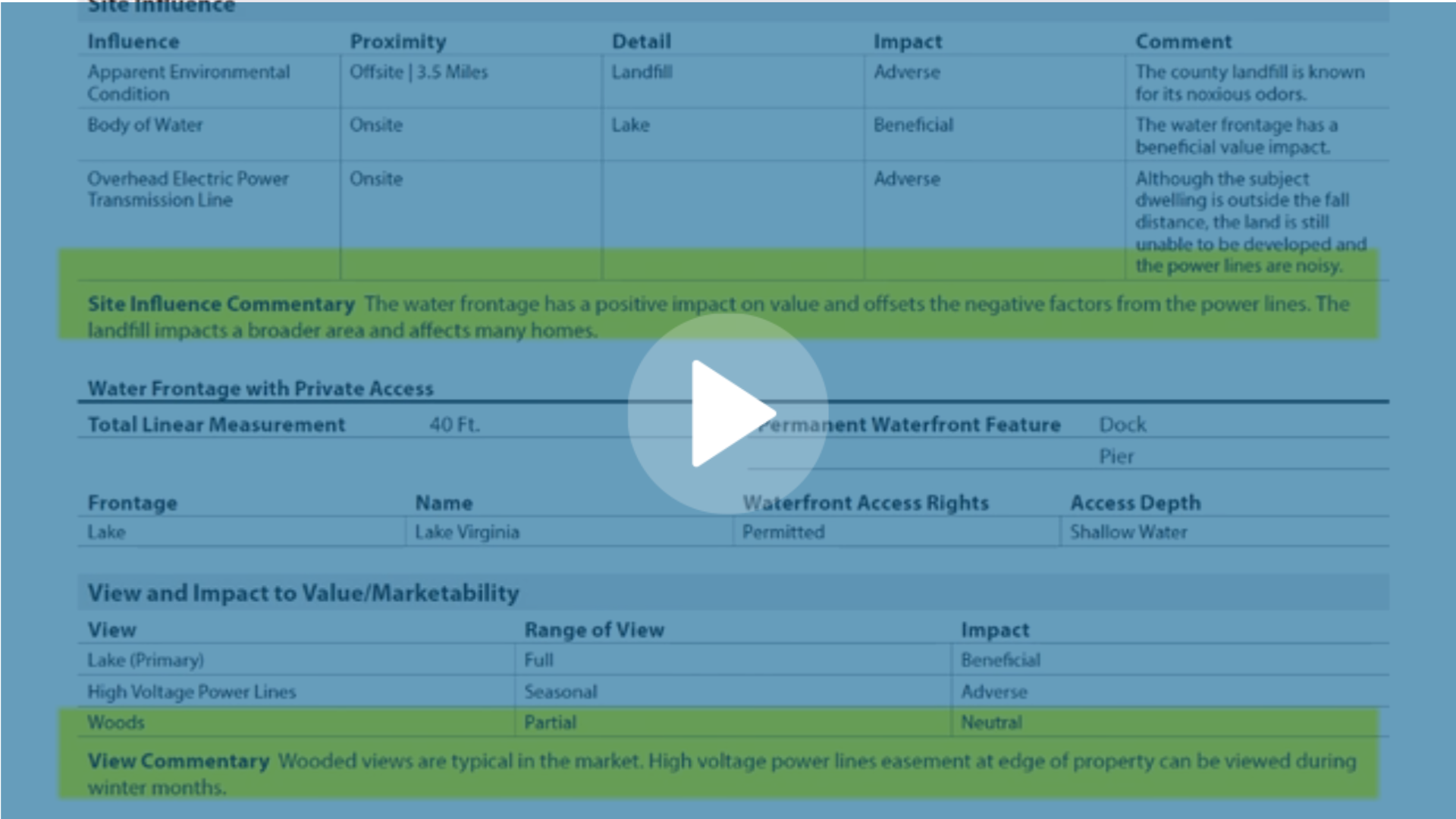
-1.png)







